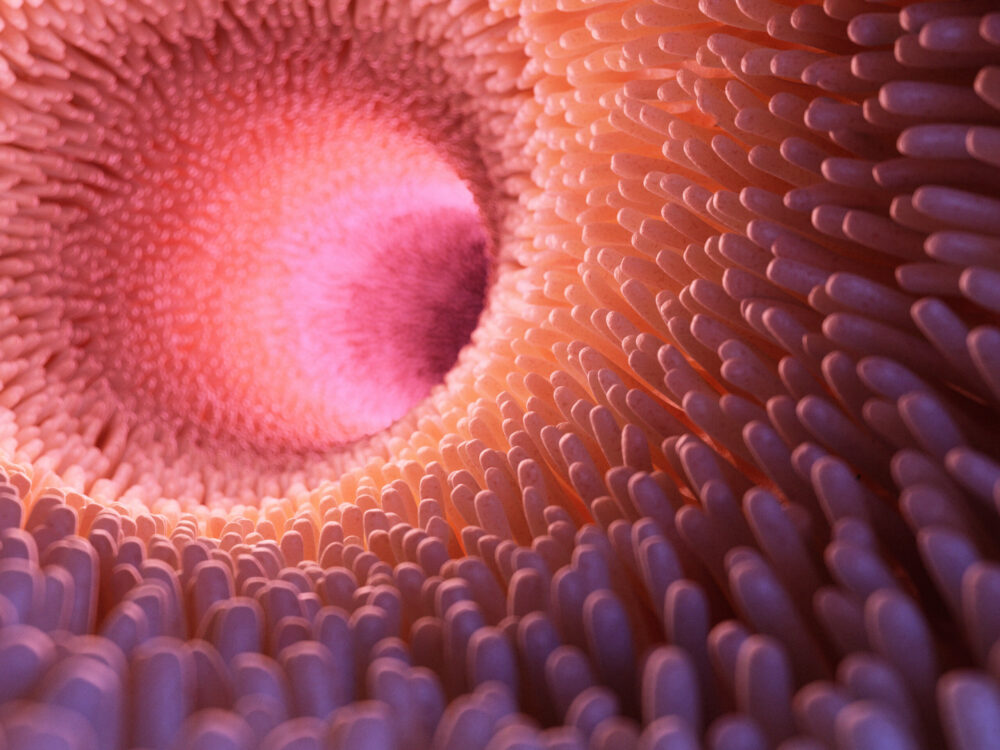This can become a vicious cycle, since those emotional experiences will in turn affect the gut.
If the cycle is not stopped, the unhealthy gut can lead to additional health problems.
GERD: Also known as heartburn, gastroesophageal reflux disease (GERD) is caused by backed up stomach acid that leads to chest pain, sore throat, dry cough and issues with swallowing.
Ignoring GERD can lead to a severely damaged esophagus.
IBS: Inflammatory bowel disease (IBS) is when part of the digestive tract is swollen and chronically impaired.
This leads to abdominal pain and diarrhea, sometimes including other symptoms, such as partial constipation, lost appetite, rectal bleeding and night sweats. Untreated IBS can further damage the GI tract.
Food intolerance: Allergies and intolerances can cause damage to the body.
While allergies are typically linked to problems with skin and respiratory, food intolerance impacts digestion.
Vomiting, diarrhea, headaches, heartburn, gas and bloating are all signs of food intolerance, especially when connected to a specific food group or ingredient.


